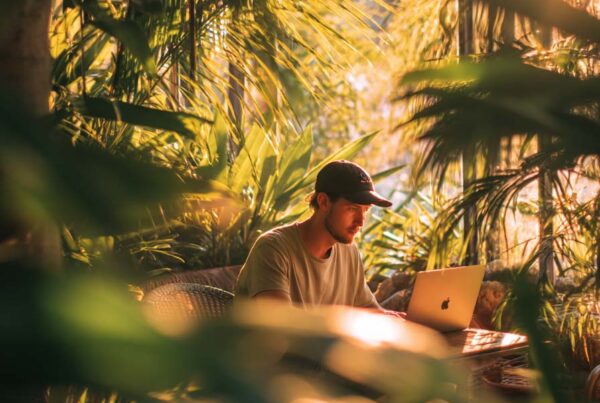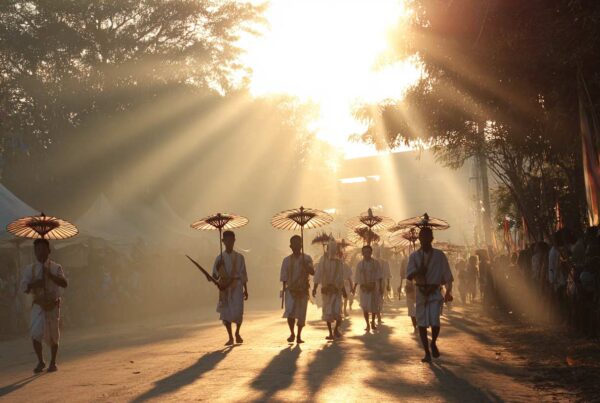Chiang Mai has earned a reputation as the cultural capital of Northern Thailand, but in recent years it has also become one of Asia’s most exciting coffee destinations. What began as an agricultural experiment in the highlands has transformed into a thriving specialty coffee culture that blends tradition, community, and creativity. Here, coffee is more than a morning ritual. It is a story that begins in misty mountain plantations and continues in city cafés where baristas pour carefully roasted beans into cups that reflect both craftsmanship and heritage.
To walk through the lanes of Chiang Mai in the early hours is to notice this culture at work. The aroma of roasting beans drifts out of tucked-away cafés, mingling with the sweet scent of frangipani blossoms and the sound of temple bells. Each café carries its own character, shaped by the people who run it and the farms that supply it. Together, they form a landscape of flavor and hospitality that is as much a part of the city’s identity as its temples and markets.
The Roots of Northern Coffee
Coffee in Northern Thailand is closely tied to the land and its people. Decades ago, many highland areas relied on opium cultivation, but projects initiated by the late King Bhumibol Adulyadej encouraged alternative crops that would provide both sustainable livelihoods and healthier ecosystems. Coffee was one of the most successful of these alternatives.
Today, the hills surrounding Chiang Mai are dotted with small family-run plantations and hill tribe farms. Many are tended by indigenous communities such as the Akha, Karen, and Hmong, who practice sustainable agriculture rooted in respect for the land. Coffee trees are often grown alongside fruit trees, herbs, and natural forest plants, a method that maintains soil fertility and supports biodiversity.
The results are not just ecological but also sensory. Beans from these mountains carry unique profiles shaped by microclimates and soil conditions. Notes of citrus, floral undertones, or chocolate richness are often present, making Northern Thai coffee increasingly recognized on the world stage.
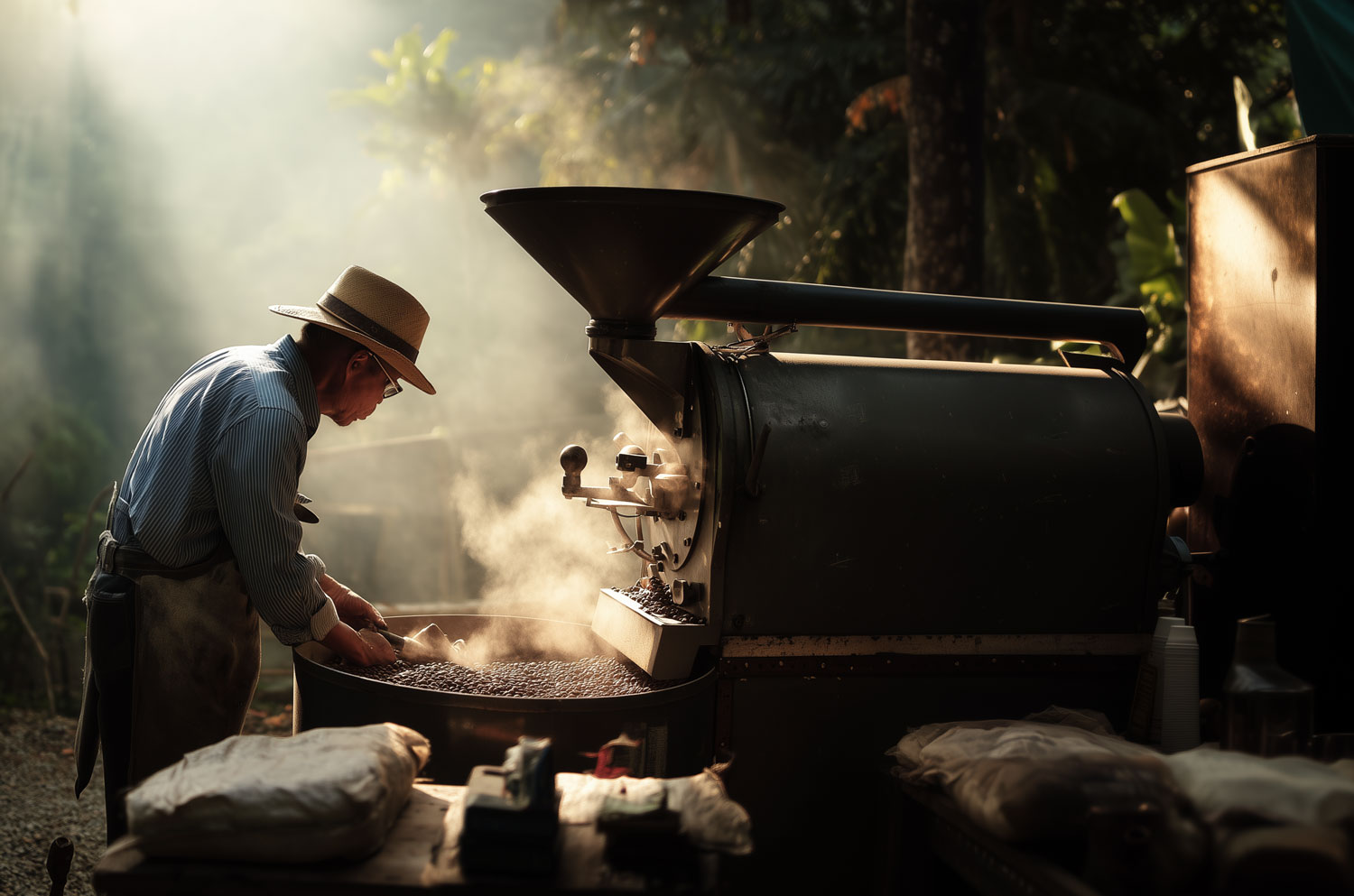
From Farm to Cup: Community and Sustainability
Sustainability is not just a marketing phrase in Chiang Mai. Many roasters and cafés work directly with farmers, ensuring that profits remain in local communities. This model is exemplified by Akha Ama Coffee, which began as a social enterprise connecting an Akha village’s harvest to urban coffee lovers. Today, it represents more than 20 farming families, and its cafés have become must-visit spaces in the city. Each pour-over or espresso here carries not only flavor but also the story of how community and coffee are intertwined.
Discounts for customers who bring reusable cups, widespread use of organic beans, and experiments with natural or honey processing methods show how environmental consciousness is part of daily operations. This commitment creates a culture where every cup feels connected to both land and people.
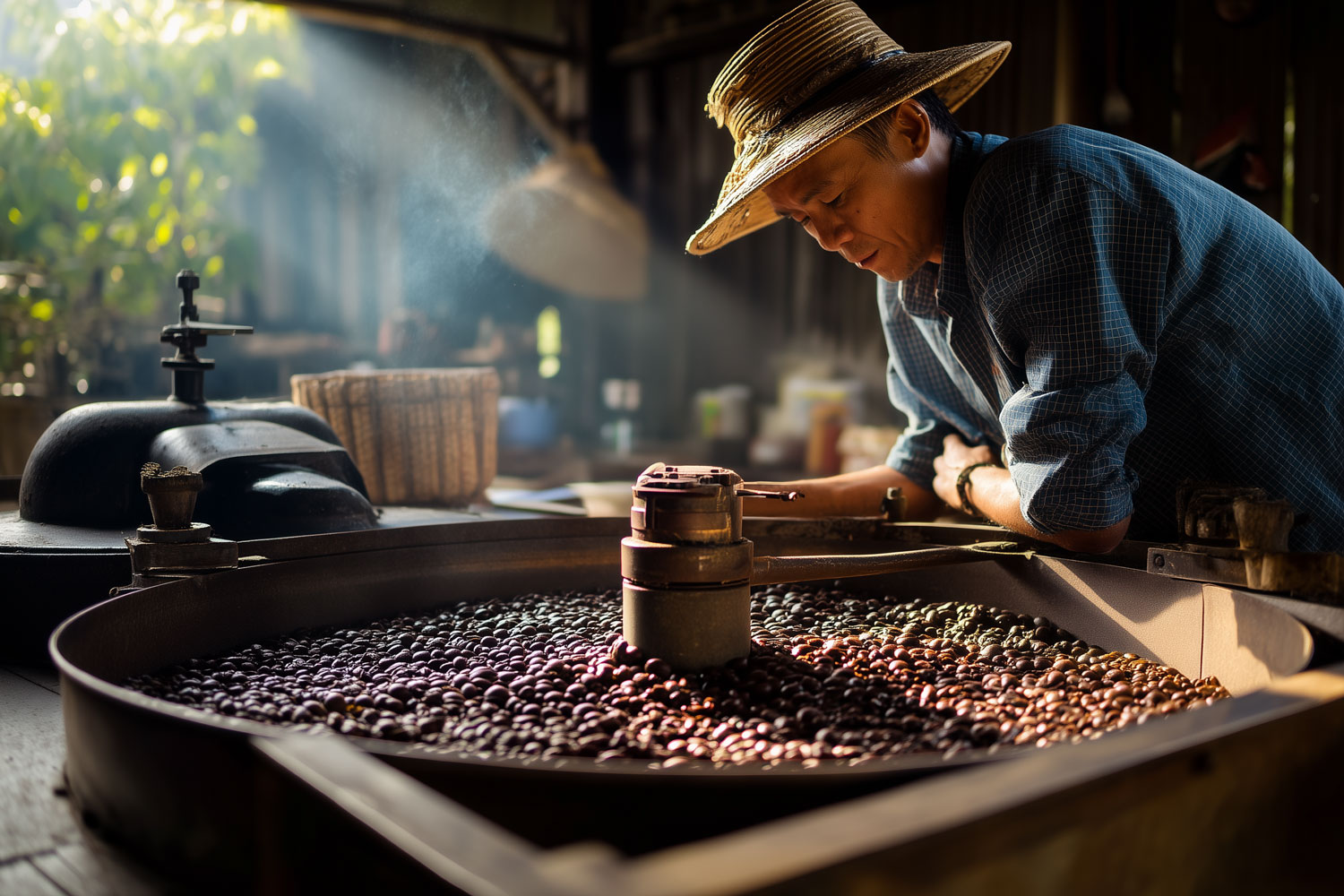
The Roasters of Chiang Mai
Among the city’s coffee pioneers is Ponganes Coffee Roasters, a minimalist space near the Old City that focuses entirely on the bean. With just a few seats, Ponganes is less a café and more a temple to coffee. Roasting takes place on-site, and the resulting blends, such as a bright Chiang Mai roast with notes of tangerine and cacao, have earned loyal admirers. What sets Ponganes apart is its dedication to precision. Without elaborate decor, it allows the focus to remain on the sensory experience of aroma, flavor, and texture.
Akha Ama, meanwhile, has grown from a single café into a recognized community brand. Its role as a bridge between highland farms and international recognition has made it a cornerstone of Chiang Mai’s coffee identity. Visitors often remark that their coffee is not only smooth and balanced but also deeply meaningful, because each sip represents collective work and shared pride.
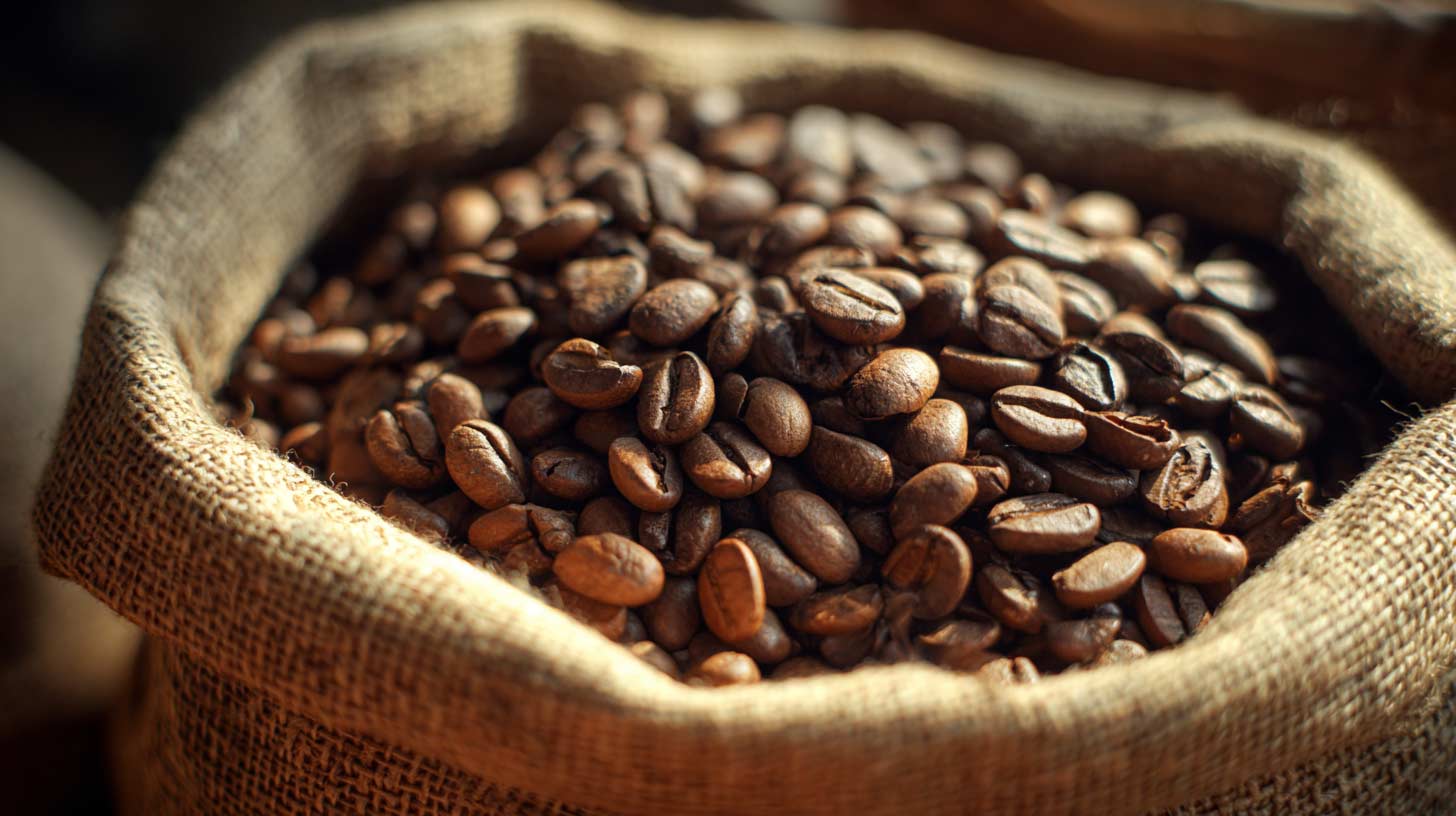
Creative Cafés and Neighborhood Gems
Beyond these icons, Chiang Mai is full of cafés that each add their own character to the scene.
In the trendy Nimmanhaemin district, known for its cosmopolitan mix of students, expats, and creatives, coffee shops double as social hubs. Toffee Roasters is a small but influential roastery where the owner often stands behind the counter, crafting rich espresso shots and delicate pour-overs. Its atmosphere is casual yet serious about quality, and its pastries are beloved companions to the morning coffee ritual.
Nearby, Taste of Art Coffee Roaster lives up to its name by treating coffee as both craft and creativity. Housed in a renovated wooden house decorated with local artwork, it invites patrons to linger. Latte art here is intricate and expressive, while the menu highlights beans roasted to showcase subtle flavors.
Back near the Old City, Carrot Coffee CNX represents another side of Chiang Mai’s café culture. Its industrial yet rustic design creates a cozy, almost wabi-sabi atmosphere. The signature carrot cake has become as much a draw as its single-origin roasts. With reliable WiFi and comfortable seating, it demonstrates how coffee shops here blend lifestyle, work, and leisure into seamless daily rituals.
For those who prefer quieter spaces, Cottontree Coffee Roaster feels like a secret garden. Tucked behind an apartment building, it combines greenery with large wooden tables, creating a tranquil space for reflection or work. Its medium roasts are full-bodied and rich, and its understated design emphasizes calmness and focus.
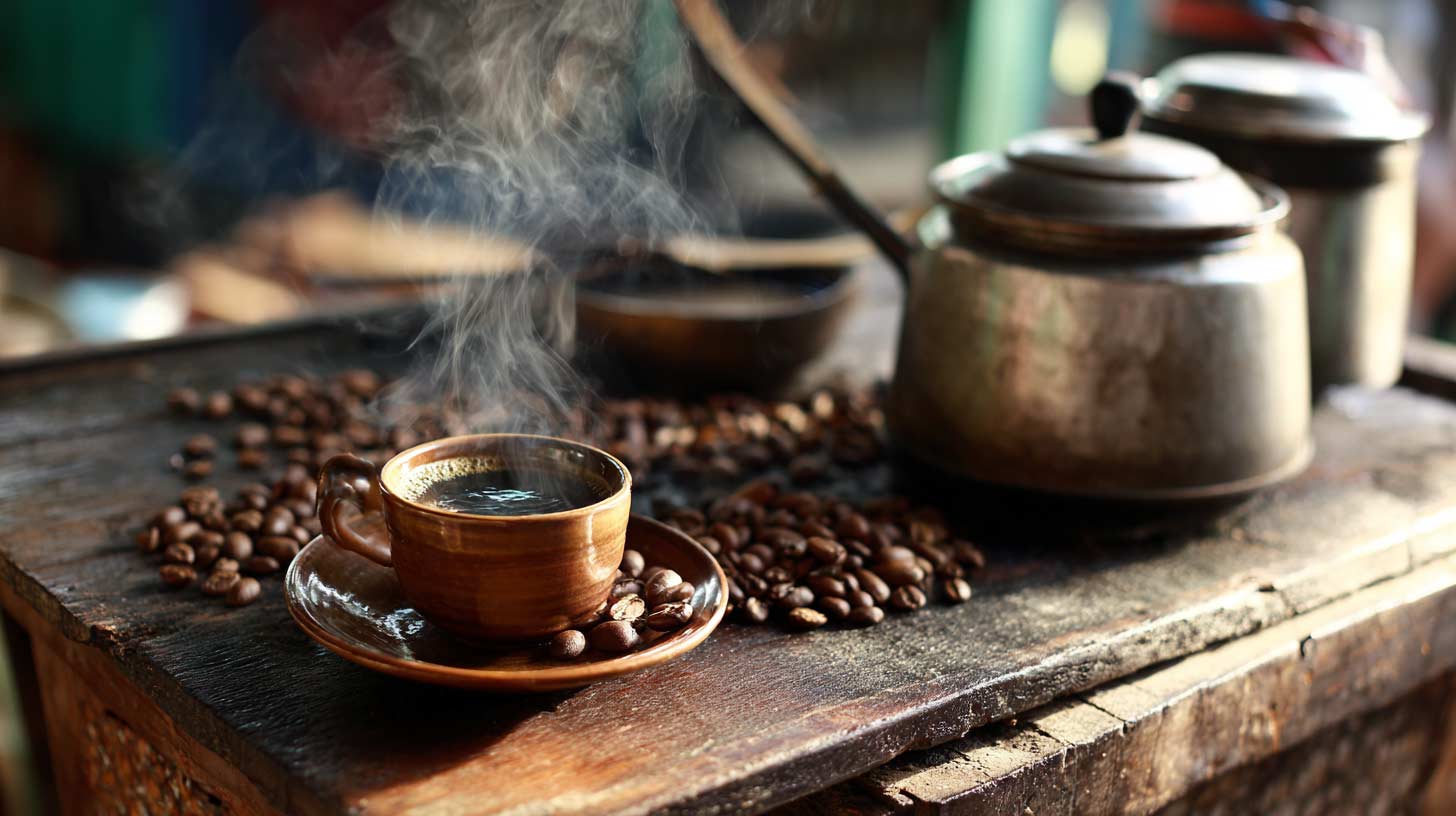
Beyond the City: Coffee in the Countryside
Chiang Mai’s coffee culture extends far beyond its urban borders. A short drive north leads to Chiang Dao, where Hoklhong Café offers a countryside counterpart to the city’s specialty shops. Surrounded by trees and overlooking the limestone massif of Doi Luang Chiang Dao, it serves honey-processed beans in an outdoor setting that encourages visitors to slow down.
Here, coffee is more than a drink; it is an experience of place. Locals and travelers share tables under the trees, savoring cups that reflect the same care and pride found in the city’s best roasteries. The relaxed atmosphere exemplifies the philosophy often called “slow life,” where time stretches and each sip is savored.
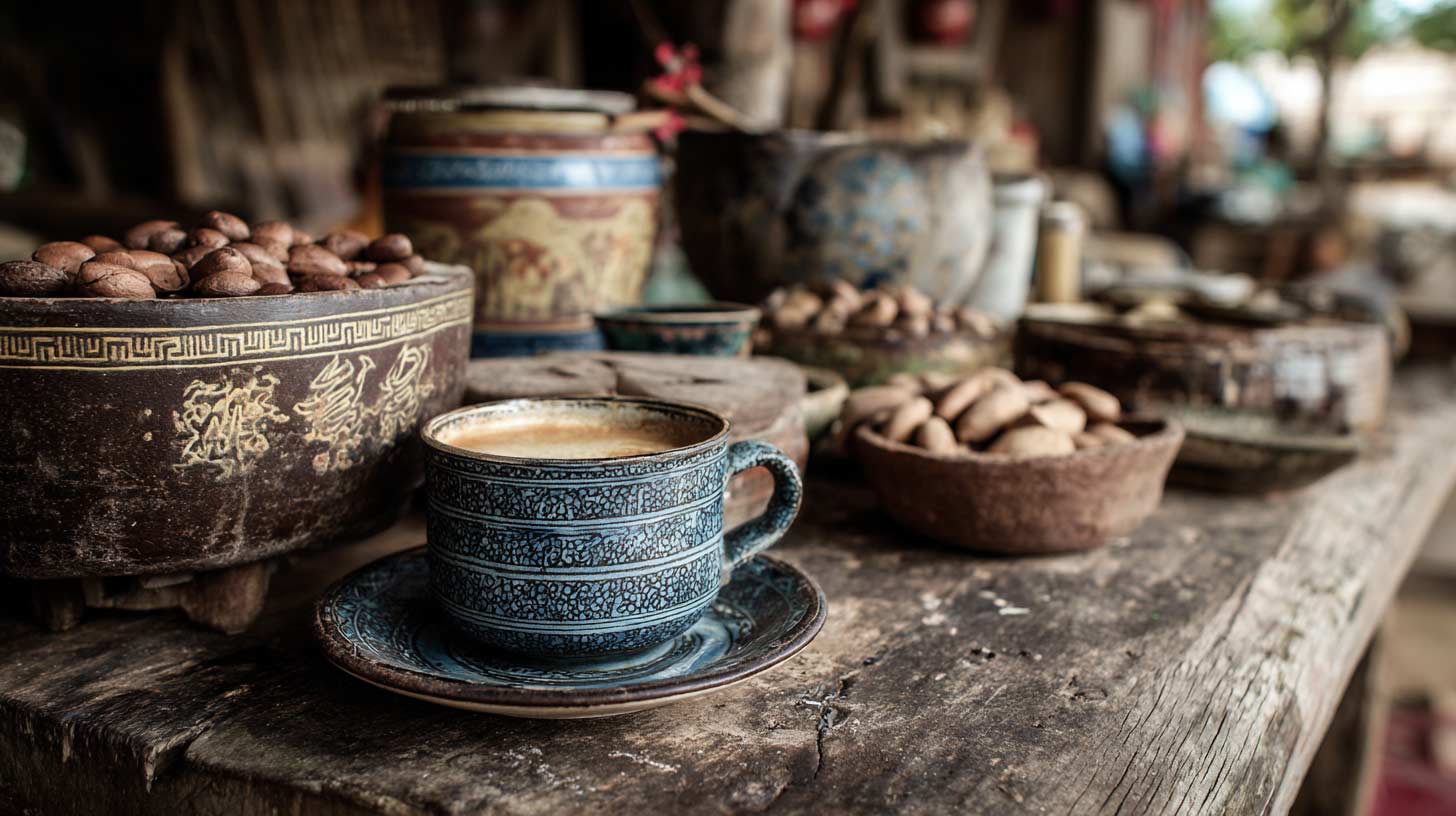
The Lanna Spirit in a Cup
What unites these diverse cafés and roasteries is their connection to the broader cultural identity of the region. The Lanna Kingdom, which flourished from the 13th to 18th centuries, valued community, artistry, and harmony with nature. These values remain visible today, not only in temples and festivals but also in the way coffee is grown, roasted, and shared.
The unhurried pace of Chiang Mai’s coffee culture reflects this heritage. Cafés here encourage lingering, conversation, and reflection. They serve as modern extensions of older communal spaces, where sharing food and drink was central to social life. In this way, each cup becomes a thread connecting past and present, local tradition and global influences.
Plan your days around coffee
Conclusion: A Journey Still Brewing
Chiang Mai’s specialty coffee scene has grown into one of the city’s defining cultural features. From hill tribe farms practicing sustainable agriculture to minimalist roasteries obsessed with precision, from creative cafés in trendy districts to hidden garden retreats, every layer of this culture adds depth to the story.
The experience is not just about flavor profiles or brewing methods. It is about the connection between land and people, the pride of communities that have embraced coffee as both livelihood and art, and the way each café reflects the unhurried warmth of Lanna culture.
For visitors, exploring Chiang Mai’s coffee trail means more than sampling drinks. It means discovering how geography, history, and creativity come together in a cup. Whether sipping an espresso in a quiet Old City alley or enjoying a slow pour-over in the shadow of Chiang Dao’s mountains, one thing is certain: the spirit of Chiang Mai can be tasted in every sip.

